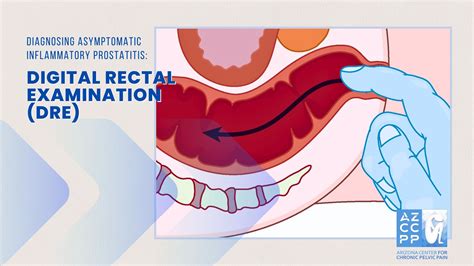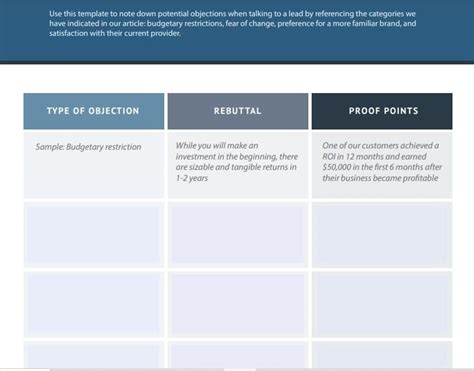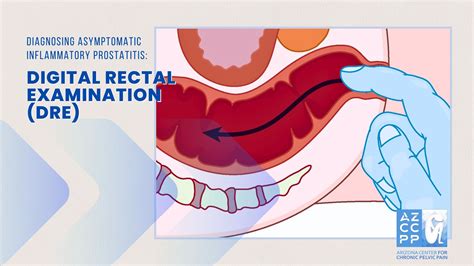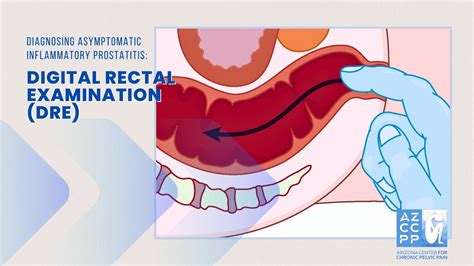Intro
Learn about the Digital Rectal Examination (DRE) guide, including preparation, procedure, and results, with expert insights on prostate health, rectal cancer screening, and abnormal findings diagnosis.
The digital rectal examination (DRE) is a crucial diagnostic tool used by healthcare professionals to assess the health of the prostate gland, rectum, and surrounding tissues. This examination is a vital part of routine medical check-ups, particularly for men over the age of 50, as it helps detect abnormalities and potential health issues early on. Despite its importance, many individuals are unaware of the significance and benefits of a DRE, leading to unnecessary anxiety and apprehension. In this article, we will delve into the world of digital rectal examinations, exploring their purpose, procedure, and benefits, as well as addressing common concerns and questions.
A DRE is a simple, non-invasive procedure that involves a healthcare professional inserting a gloved, lubricated finger into the rectum to feel for any abnormalities. This examination is essential for detecting prostate cancer, rectal cancer, and other conditions that may affect the prostate gland, rectum, and surrounding tissues. By performing a DRE, healthcare professionals can identify potential health issues early on, allowing for timely intervention and treatment. Moreover, a DRE can help alleviate concerns and anxieties related to prostate health, promoting overall well-being and peace of mind.
The importance of a DRE cannot be overstated, particularly for men over the age of 50. As men age, their risk of developing prostate-related health issues increases, making regular DREs a vital part of preventive care. Furthermore, a DRE can help detect other health issues, such as rectal bleeding, pain, or difficulty urinating, which may be indicative of underlying conditions that require medical attention. By understanding the purpose and benefits of a DRE, individuals can take a proactive approach to their health, reducing the risk of complications and improving overall quality of life.
Digital Rectal Examination Procedure

Preparation and Aftercare
To prepare for a DRE, individuals should follow their healthcare professional's instructions, which may include avoiding certain foods or medications that can affect bowel movements. After the examination, individuals can resume their normal activities, including work, exercise, and other daily routines. It is essential to follow up with the healthcare professional to discuss the results of the examination and any necessary next steps.Benefits of Digital Rectal Examination

Common Concerns and Questions
Despite the importance and benefits of a DRE, many individuals have concerns and questions about the procedure. Some common concerns include: * Will the examination be painful? * Will the examination be embarrassing or uncomfortable? * What if the healthcare professional finds something abnormal? * How often should I have a DRE? * Can I still have a DRE if I have hemorrhoids or other rectal conditions?Addressing Common Concerns and Questions

Practical Tips and Recommendations
To make the most of a DRE, individuals can follow these practical tips and recommendations: * Be open and honest with the healthcare professional about any concerns or questions * Follow the healthcare professional's instructions for preparation and aftercare * Ask questions and seek clarification about the examination and its results * Take a proactive approach to prostate health, staying informed and educated about preventive care and early detection * Encourage friends and family members to prioritize prostate health and undergo regular DREsDigital Rectal Examination and Prostate Health

Prostate Cancer Detection and Treatment
Prostate cancer is a significant health concern for men over the age of 50. By performing regular DREs, healthcare professionals can detect prostate cancer early on, allowing for timely intervention and treatment. The treatment options for prostate cancer depend on the stage and severity of the disease, as well as individual preferences and health status. Common treatment options include surgery, radiation therapy, and hormone therapy. By detecting prostate cancer early on, individuals can improve their chances of successful treatment and recovery.Digital Rectal Examination and Rectal Health

Rectal Cancer Detection and Treatment
Rectal cancer is a significant health concern for individuals of all ages. By performing regular DREs, healthcare professionals can detect rectal cancer early on, allowing for timely intervention and treatment. The treatment options for rectal cancer depend on the stage and severity of the disease, as well as individual preferences and health status. Common treatment options include surgery, radiation therapy, and chemotherapy. By detecting rectal cancer early on, individuals can improve their chances of successful treatment and recovery.Conclusion and Final Thoughts

We invite you to share your thoughts and experiences about digital rectal examinations in the comments below. If you have any questions or concerns, please do not hesitate to ask. By working together, we can promote prostate health and rectal health, reducing the risk of complications and improving overall quality of life.
What is a digital rectal examination?
+A digital rectal examination is a diagnostic tool used by healthcare professionals to assess the health of the prostate gland, rectum, and surrounding tissues.
How often should I have a digital rectal examination?
+The frequency of digital rectal examinations depends on individual risk factors and health status. Healthcare professionals can provide personalized guidance.
Can I still have a digital rectal examination if I have hemorrhoids or other rectal conditions?
+Yes, individuals with hemorrhoids or other rectal conditions can still have a digital rectal examination. However, they should inform their healthcare professional about their condition beforehand.
